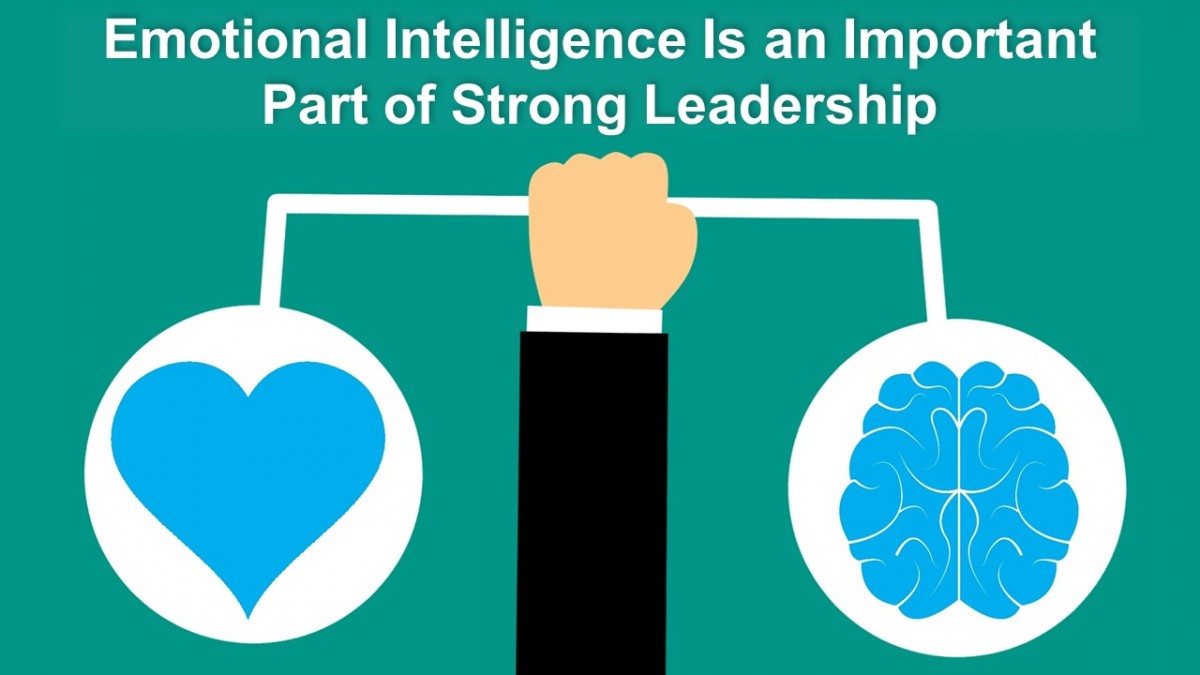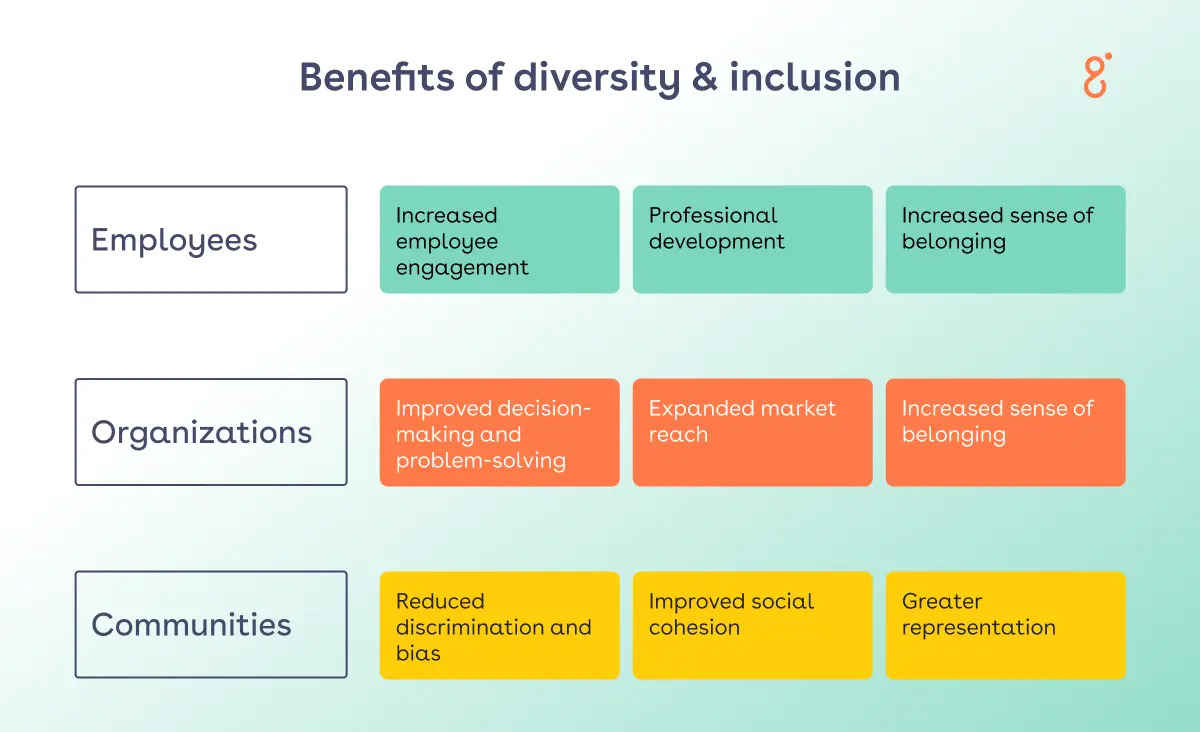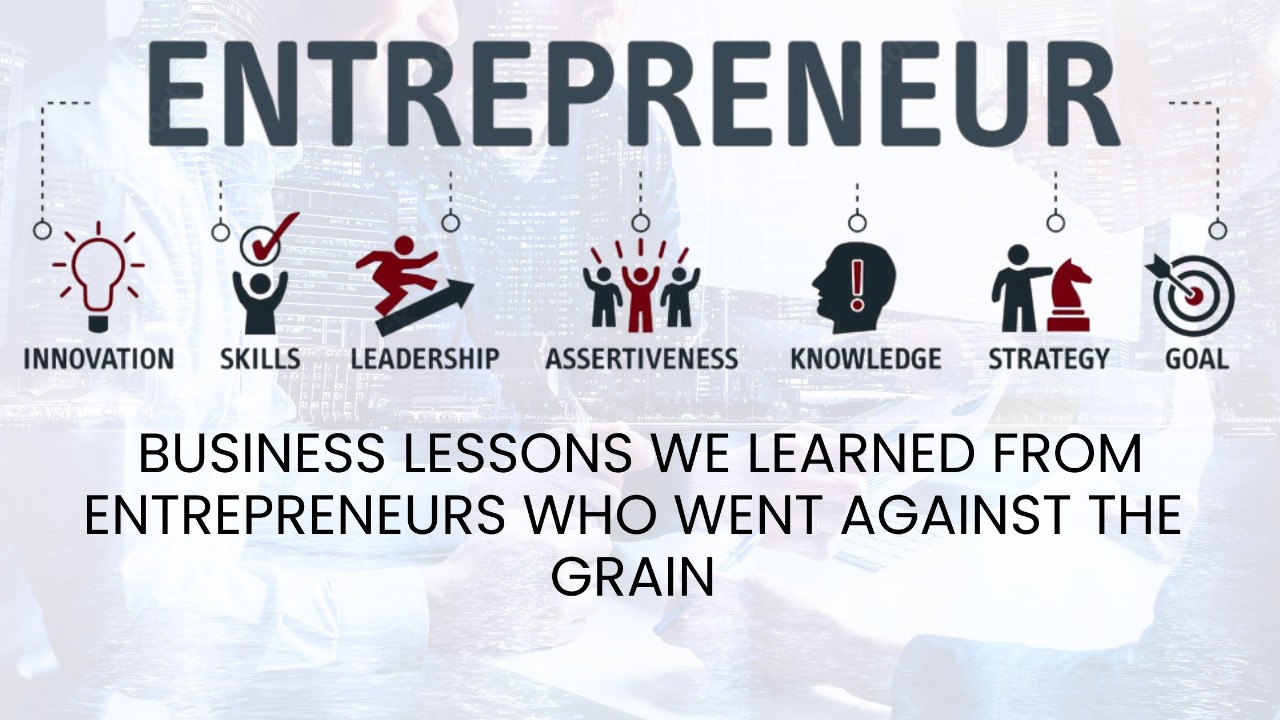
Emotional Intelligence plays a crucial role in leadership and business success, as seen from the perspective of the Roongta Group. Leaders who recognize the significance of EI and actively work to improve their emotional intelligence can steer their organizations toward growth, innovation, and a more harmonious work environment. Embracing emotional intelligence isn't just a choice, it's a strategic imperative in today's business world.
In the fast-paced business world, where strategies, data, and innovation often take the spotlight, emotional intelligence (EI) is an invaluable yet sometimes underestimated asset. Understanding and harnessing the power of EI can significantly impact leadership and contribute to business success.
In this blog post, we will explore the critical role of emotional intelligence in modern leadership with insights from the perspective of Roongta Group, and how it drives businesses toward new heights.
Why Emotional Intelligence Matters in Leadership:
Emotional intelligence involves recognizing, understanding, and managing one's emotions, as well as recognizing, understanding, and influencing the emotions of others. This skill plays a pivotal role in leadership for several reasons:
Effective Communication: Leaders with high emotional intelligence can convey their thoughts and ideas effectively, fostering open and transparent communication within the team. This promotes a healthy work environment and encourages team members to share their insights and concerns.
Empathy: The ability to understand and empathize with team members builds trust and rapport. Leaders who demonstrate empathy can address individual needs, boosting morale and engagement.
Conflict Resolution: Conflict is inevitable in any workplace, but leaders with EI can manage conflicts constructively. They can mediate disputes, finding resolutions that satisfy all parties involved.
Decision-Making: Emotional intelligence guides leaders in making informed decisions by considering the emotional implications. This can lead to better, more well-rounded choices for the organization.
How Emotional Intelligence Drives Business Success:
Employee Satisfaction: When leaders practice emotional intelligence, employees are more satisfied in their roles. Contented employees are more productive and less likely to leave the company, reducing turnover and recruitment costs.
Enhanced Team Dynamics: Teams led by emotionally intelligent leaders tend to collaborate better. Their cohesion leads to improved problem-solving and innovative thinking.
Customer Relations: Businesses that prioritize EI often provide a more positive customer experience. A company's emotional intelligence influences how it handles customer complaints, feedback, and relationships.
Adaptability: In an ever-changing business landscape, adaptability is crucial. Leaders with EI can navigate change with grace, which is essential for business resilience and growth.
Optimizing Emotional Intelligence for Business Success:
To harness the power of emotional intelligence for business success, consider these steps:
Training and Development: Invest in emotional intelligence training for leaders and employees. Such programs can enhance emotional awareness and provide practical skills for applying EI in the workplace.
Feedback Mechanisms: Implement feedback systems that encourage open communication and foster a culture of continuous improvement. Constructive feedback helps individuals build and develop their emotional intelligence.
Lead by Example: Leadership sets the tone for an organization. When leaders demonstrate high emotional intelligence, it encourages employees to follow suit.
Cultivate a Supportive Environment: Create an environment where individuals feel safe expressing their emotions and concerns. This can lead to increased trust and collaboration.
RECOMMENDED FOR YOU
Breaking Barriers: The Inspiring Stories of 7 Women Entrepreneurs Who Defied the Odds to Create Thriving Businesses









